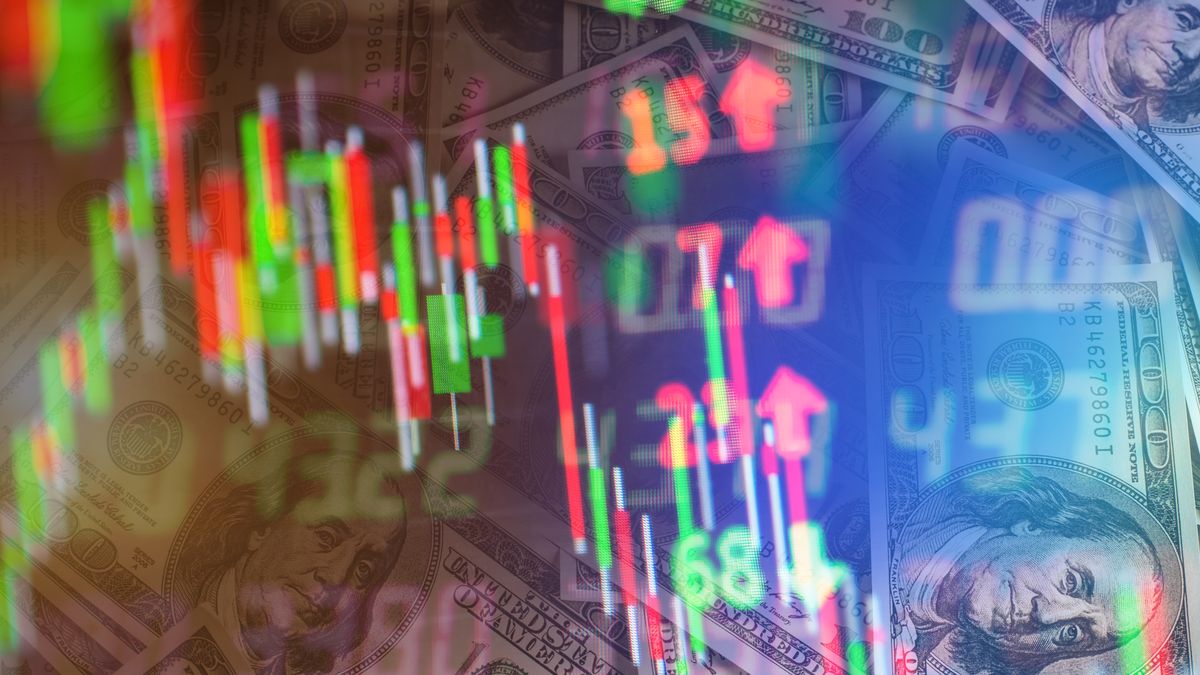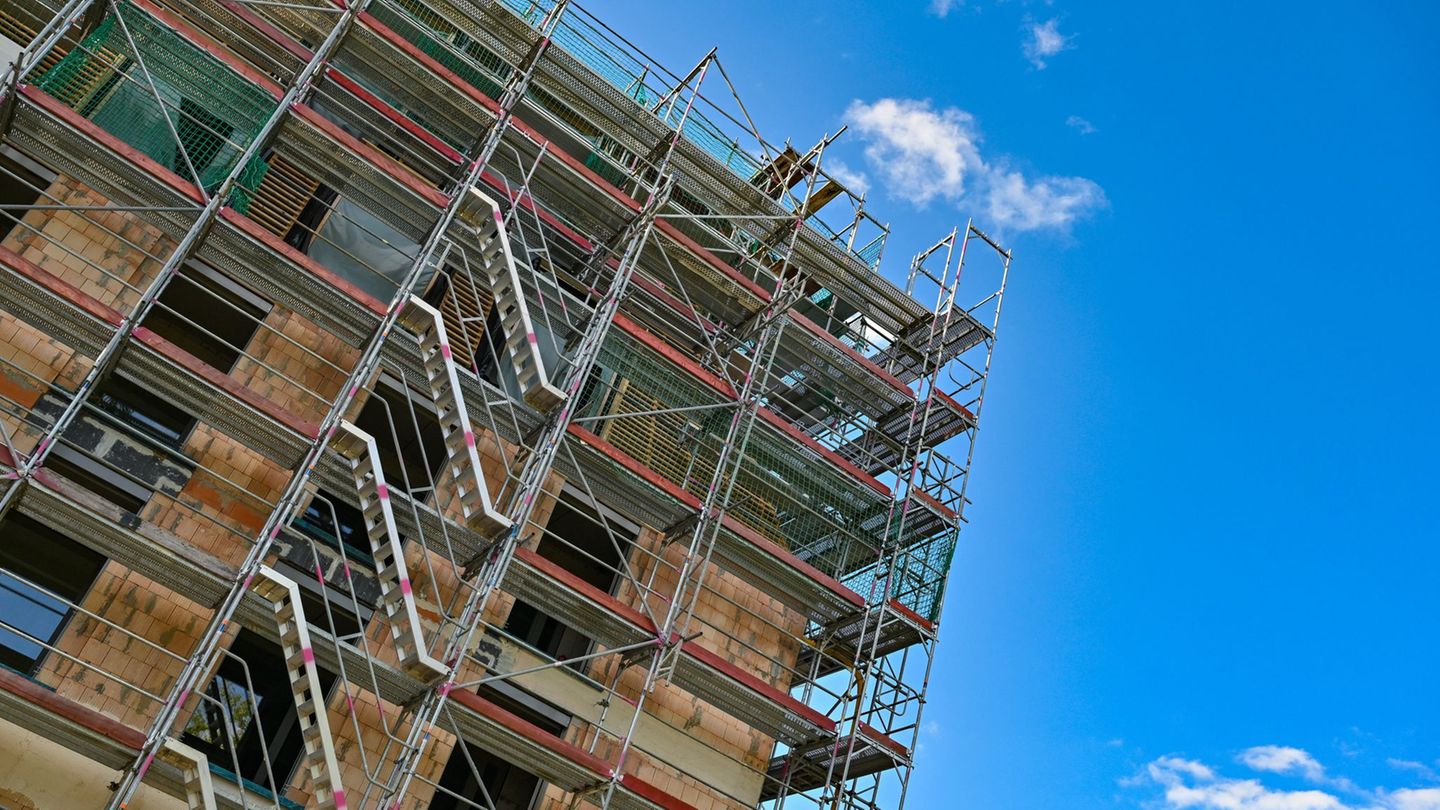On Wall Street, the shares of Argentine companies they sank to almost 9%, led by YPF (-8.6%), Cresud (-7.1%); Telecom (-5.8%); Survival (-5.6%); and Transportadora Gas del Sur (-5.3%). The only advance of the day was for Mercado Libre, with a slight 0.6%.
In the Buenos Aires stock market, the S&P Merval de Bolsa y Mercados Argentinos (BYMA) lost 1.4% to 144,765.55 units after registering a new intraday record in pesos of 148,309 points. Measured in CCL dollars, it lost 5.1% due to the sharp jump in the exchange rate implicit in the price of the assets.
The most important advance was Transener (+2.3%), while the biggest drop was for the oil company YPF (-4%). The turnover in shares reached 2,484.9 million.
“It is important to point out that YPF has been increasing more than 100% within the market and a short-term break was expected as anticipated by the technical analysis. This drop does not mean that the company loses the trend, nor the interest on the part of the investors, it could be a profit-taking by the investing public.In the market, and after several consecutive days on the rise, a profit-taking could be considered acceptable, offering a break.However, the fall was very strong in its ADR in dollars and it is relevant to closely monitor its price to determine a possible brake on the decline”, said Ayelen Romero, an analyst at Rava.
In the overview pane, the shares of Autopistas del Oeste (-22.2%) and Autopistas del Sol (-21.5%) plummeted, after the government decree requesting the annulment of the concession contracts of both companies was known.
The Government worked against the clock to fulfill before midnight the presentation of next year’s budget project before Congress, which, according to Ámbito, would have a 2% growth in the economy.
The Consumer Price Index (CPI) increased by 7% in August, a figure higher than expected by analysts that adds difficulties to the Government, in the midst of a crisis that has triggered the experts’ inflation forecasts to 95% for this year .
This Thursday the wholesale inflation for August was known, which showed a monthly 8.2% (73.9% YoY) while the cost of construction increased 7.2% (66.7% YoY), confirming that the nominal pressures do not yield.
In this context, the BCRA board endorsed an interest rate of 75% nominal (TEA of 107.3%), to take the pressure off the dollar and weigh the new exchange rate in favor of soybean producers.
In the US, another tough day was experienced with the main stock indices losing ground again and Treasuries rates rising by around 5 points on average. On mixed economic data, the S&P 500 fell 1.1% while the 10-year bond rate rose 4 points to 3.45%.
Bonds and country risk
In the fixed income segment, sovereign bonds in dollars fell by more than 4%, thanks to the Global 2041 (-4.1%); of Bonar 2029 (-2.6%); and Global 2035 (-1.9%).
In this context, the Argentine country risk measured by JPMorgan rose 0.2% to 2,334 basic points, in what was its third consecutive rise.
Meanwhile, CER-adjusted bonds closed across the board after the INDEC data: they gained 0.7% on average, with the long tranche of Bonceres standing out (+0.9%).
In turn, sovereign dollar-linked bonds with good volume traded flat in the short section, while TV24 recovered the losses of these days and rose 0.8%.
Finally, the 2023 duals stood out from the rest of the weight curve and again marked an increase of 1.3% on average in its three versions.
Source: Ambito
David William is a talented author who has made a name for himself in the world of writing. He is a professional author who writes on a wide range of topics, from general interest to opinion news. David is currently working as a writer at 24 hours worlds where he brings his unique perspective and in-depth research to his articles, making them both informative and engaging.




